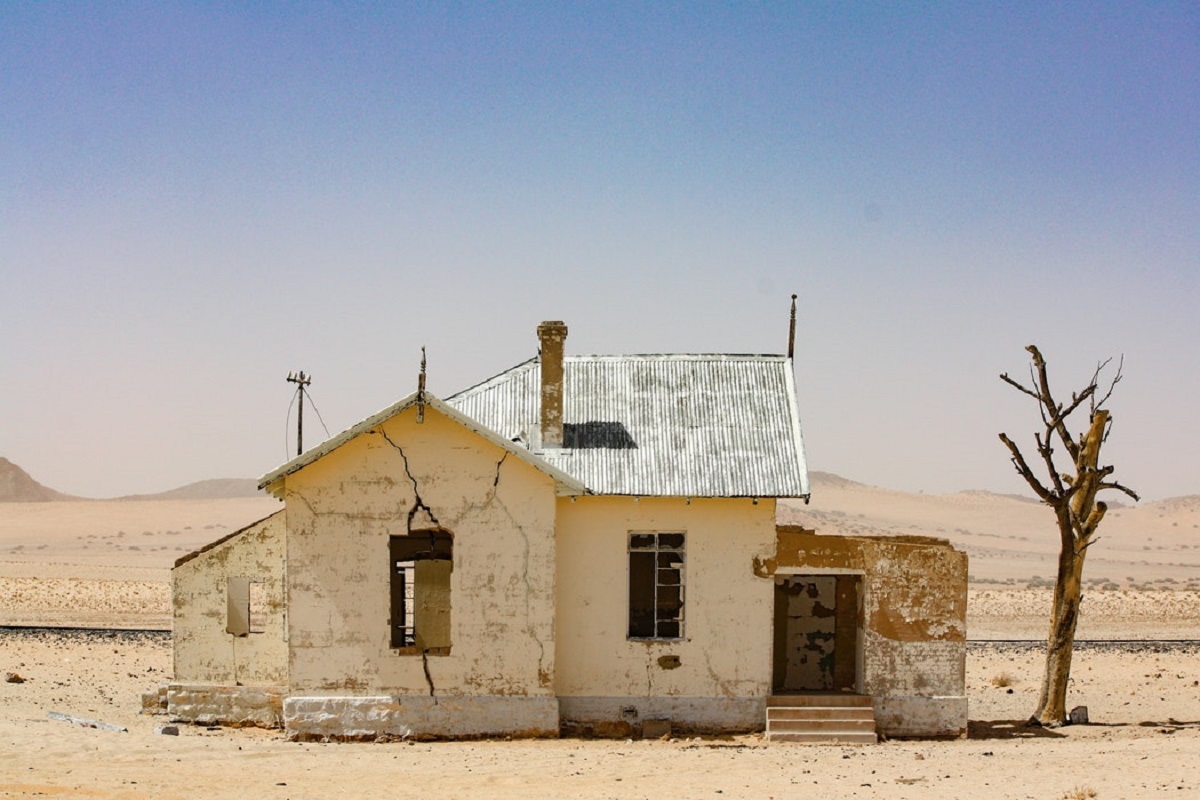How The Drought May Affect Your Insurance

It’s no secret that the drought has taken a heavy toll on our economy. But, did you know that the prolonged lack of rain can become a costly problem for your home as well, and that your insurance might not provide cover for drought-related risks?
An article in the Sunday Times has made readers aware that damage caused by drought is not necessarily a claim that insurance companies pay. This is because their policies are designed to protect against sudden and unforeseen events and not gradual wear and tear caused by unremarkable weather conditions. To use a recognisable example, a Car Insurance policy may repair, replace or compensate a client after an accident or hijacking. But, they would unlikely bear the cost of a mechanical failure or replacing wear and tear components of the vehicle.
When it comes to their home, it is strongly recommended that homeowners be aware of the areas of their home that can be impacted by water restrictions and have measures in place that help prevent damage. “The general principle in insurance is that policyholders should take all reasonable care to safeguard and protect their assets. In fact‚ people should act as though they are not insured. This premise also applies in a drought situation - policyholders need to do whatever is reasonable and practical to minimise damage when they have known about a situation like this,” an insurance expert points out in the article.
Cape Town has already implemented top level water restrictions and rationing as the drought tightened its grip on a number of provinces. It’s said to be the worst drought in recent memory affecting households.
While the rationing system can be useful in helping to save water, turning the supply on and off can cause pipes to leak or burst and lead to flooding, the article warns. Most household related policies do not cover gradual damages due to this type of flood; they do provide cover for natural disasters, so, for example, if a storm suddenly destroys a part to your roof and your house is flooded, a Household Insurance policy might accept a claim for water damage, depending on the extent of your coverage.
But, should your pipes start to leak as a result of water rationing and cause damage to your walls, ceilings or floors over time, your claim will be rejected since this event was not sudden.

The same holds true for swimming pools. With homeowners unable to fill up due to the water restrictions, the system, walls and tiling of pools are at risk of damage if they are left exposed to sunlight. Insurance companies will reject a claim for pool damage if was a long-standing problem that could have been prevented.
That’s why it’s so important that homeowners take all steps necessary to mitigate the risk. Under their contractual obligations with their insurer, policyholders need to take all preventative actions they can to protect their pool from the effects of drought. These include covering the swimming pools to prevent water evaporation or switching off the pump if the water level drops too low.
With regards to gardens, Household Insurance or Buildings Insurance are unlikely pay to restore any landscaping that has died because of persisting drought. To maintain a healthy garden, it is recommended that homeowners apply alternative irrigation such as collecting rainwater where possiblr, use grey water or even install a borehole.
Damage as a result of the drought is something for the policyholders to address as part of the routine maintenance that goes along with owning a home.
Disclaimer: This article is provided for informational purposes only and should not be construed as financial or legal advice. Hippo.co.za and its affiliates cannot be held responsible for any damages or losses that may occur as a result of this article.

































